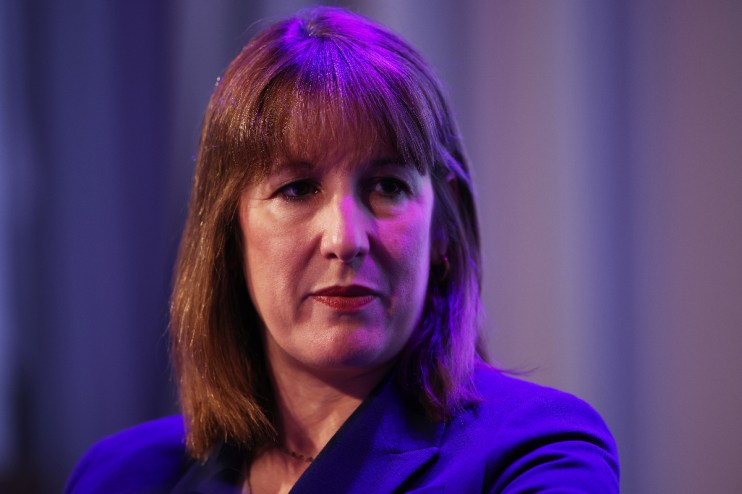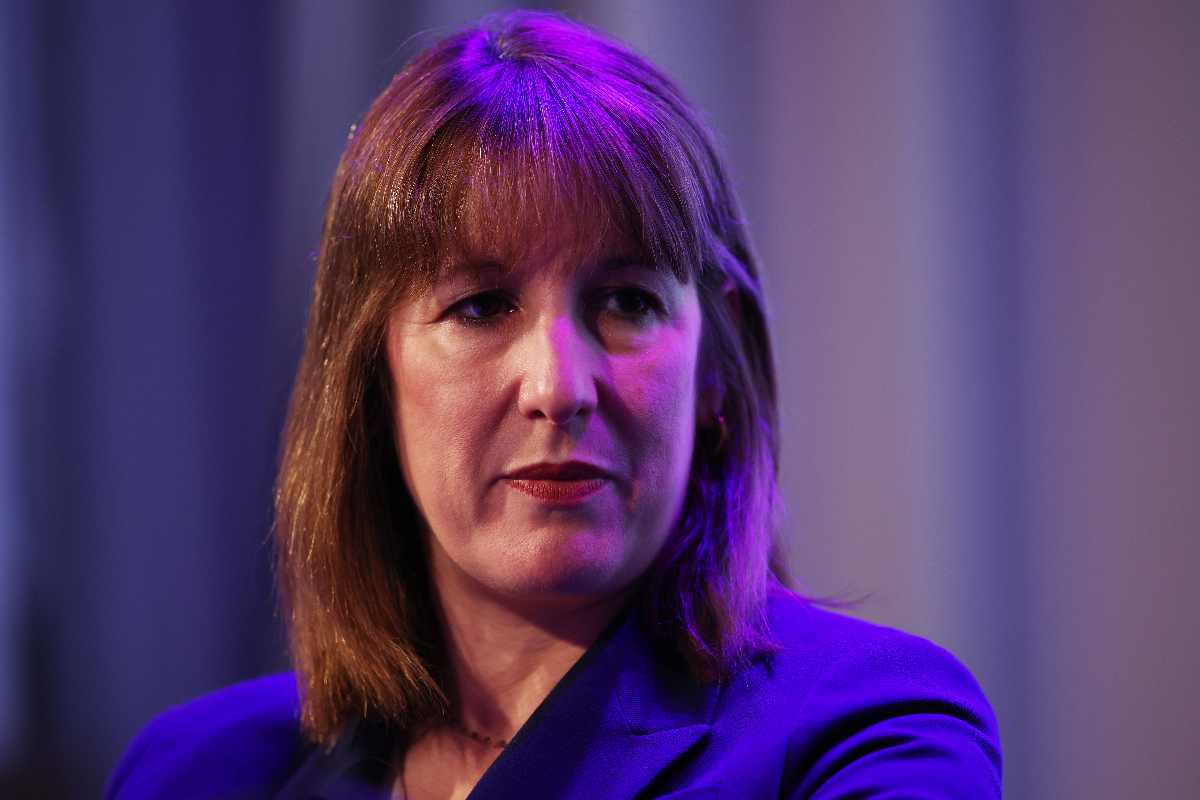Tuesday 21 October 2025 8:07 am
Share
Facebook Share on Facebook
X Share on Twitter
LinkedIn Share on LinkedIn
WhatsApp Share on WhatsApp
Email Share on Email
 Chancellor Rachel Reeves is facing difficulty in limiting government borrowing.
Chancellor Rachel Reeves is facing difficulty in limiting government borrowing.
UK government borrowing soared to £20.2bn in September, official data has revealed, in another Blow for Rachel Reeves as she gears up for a painful tax-raising Budget next month.
The Office for National Statistics (ONS) said government borrowing over the month was the highest in the month seen for five years and an increase of £1.6bn compared to the previous month.
Economist had forecast the government to borrow £20.5bn over the month.
Over the first six months of the current financial year, government borrowing was the second-highest ever recorded at £99.8bn. The current budget deficit stood at £71.8bn.
It also said debt interest payments over last month was £9.7bn while debt as a share of GDP stood at 95.3 per cent a percentage point higher than levels a year ago.
Fresh data adds to woes in public finances as Labour ministers struggle to restrict government borrowing to cover expenditure on services such as the NHS and security.
It is also one of the last sets of ONS publications the Chancellor will see before the Budget on 26 November.
Richard Carter, head of fixed interest research at Quilter Cheviot, said: “Without a shift in the fiscal rules once again, the UK economy is in somewhat of a straitjacket.
“Fiscal headroom is all but non-existent, and the growth that is required to create it is being hampered by a high tax burden and uncertainty of more revenue raising measures from the government to come.
“The economic winds are refusing to blow in the UK’s direction, but the recent fall in gilt yields have bought some breathing room. What the government does with that will be watched very closely at the despatch box next month.”
Chief secretary to the Treasury James Murray said: “This government will never play fast and loose with the public finances. We know that when you lose control of the public purse it’s working people who pay the price.
“That’s why we plan to bring down borrowing, and according to IMF data, are set to deliver the largest primary deficit reduction in both the G7 and G20 over the next five years.”
Read more
‘Staggering’ – Public sector borrowing in August jumps to highest in five years
Shadow Chancellor accused the Reeves of making “the next generation…saddled with Labour’s debts”.
“If Rachel Reeves had a plan – or a backbone – she would stand up to her backbenchers, get spending under control and cut the deficit. Instead she is plotting to hike taxes yet again to pay for her failures,” Stride said.
Government borrowing data sets up for difficult Budget
Reeves is widely expected to face a fiscal hole valued at around £30bn if she wishes to keep to her fiscal rule stating that day-to-day spending should match receipts by 2030.
City economists believe her headroom of some £9.9bn left at the Spring Statement has been washed out by higher borrowing costs than forecast and policy U-turns on welfare savings in the middle of a year.
An expected productivity downgrade by the fiscal watchdog is also set to widen the shortfall.
But in the run-up to the Budget, the Treasury is rushing to announce growth-inducing policies that can lessen the impact of expected Office for Budget Responsibility (OBR) downgrades to forecasts.
Policies announced include sweeping planning reforms and a move unveiled today to accelerate the process of reducing the extent of red tape for businesses.
Industry analysts have pointed out that the Employment Rights Bill, whose impact on the UK economy still has not been measured by OBR, could add to the regulatory burden faced by UK companies.
Reeves has told Cabinet ministers to focus on reducing inflation, which is expected to hit four per cent in the year to September.
This may be part of a more long-term strategy to ease pressures on public finances and lessen the damaging effects of higher government borrowing.
Policies aimed at curbing inflation at the Budget could prompt the Bank of England to cut interest rates at a faster pace, lowering borrowing costs for the government.
The OBR said in March that it expected borrowing costs to government lenders to exceed £110bn this year, with any efforts of keeping the bond markets at bay likely prevent further tax hikes or spending cuts at future Budgets.
Read more
Gilt auction demand lowest in two years in sign of pre-Budget jitters
Similarly tagged content:
Sections
Categories
People & Organisations

